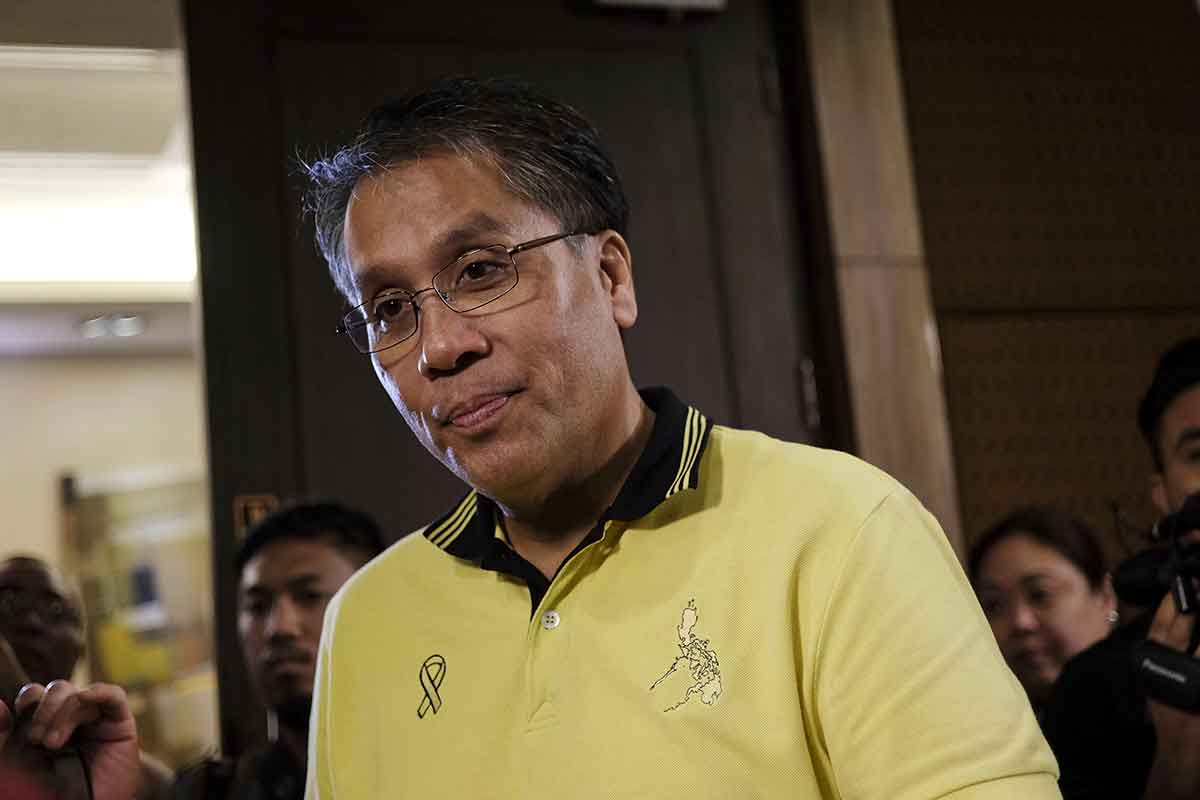Millions of Philippine voters are headed to midterm elections on 13 May to vote for new lawmakers who will determine the fate of President Rodrigo Duterte’s pitch to revamp the political and tax systems.
Duterte has put forward a controversial plan to shift his nation’s government system from unitary to federal, in a bid to spread wealth in one of Asia’s fastest-growing economies. He also wants to cut corporate tax rates to attract more investments. To do this, his allies must win a majority of about 300 seats in the House of Representatives and the 12 Senate slots up for grabs in the midterm vote.
Pre-election surveys are looking good for Duterte. 10 of his chosen senatorial candidates have a shot at winning seats, based on an April survey by pollster Pulse Asia. He’s also expected to retain control of the House, whose members mostly aligned with his party after he won the presidency in 2016.
Here’s everything you need to know about the Philippine midterm vote.
By the numbers
There are over 61 million registered voters, although turnout is expected to be lower compared to presidential polls. In the last midterm vote in 2013, turnout was around 75 percent. The 2016 elections which Duterte won had an 81.5 percent turnout. Over 18,000 government positions are up for grabs, including seats in Congress and local government. Election spending can add one to two percentage points to economic growth this year, Economic Planning Secretary Ernesto Pernia said in January. The government’s goal is to hit six percent to seven percent growth in 2019. Philippine citizens above the age of 35 comprise more than half of the voting population, with nine million over 60 years old. The number of younger voters is growing, with 2.3 million teenagers voting for the first time.
Prominent personalities
Senator Grace Poe is one of the leading senatorial candidates based on pre-election surveys, and her ranking in the midterm vote could affect how she approaches the 2022 presidential elections after she lost to Duterte in 2016. Christopher “Bong” Go is Duterte’s former top aide and pet candidate who has seen his ranking in pre-election polls boosted by the president’s backing. The outcome of his senatorial bid could be a good measure of Duterte’s popularity. Former Senator Mar Roxas is the opposition’s main candidate in the midterm vote after placing second to Duterte in the last presidential elections. His ranking could be an indicator of the public’s sentiment toward the president’s critics. Governor Imee Marcos, a daughter of the late dictator Ferdinand Marcos is trying to keep her family’s political ambitions alive through her senatorial bid, after her brother’s narrow defeat in the vice-presidential polls in 2016 and her mother Imelda’s recent conviction. Davao City Mayor Sara Duterte is seeking re-election in her clan’s local turf, but she’s also making herself visible in the national political scene by campaigning for her father’s candidates and some of her own. Her name is already being floated by administration officials as her father’s potential successor in 2022.
Analysts’ views
Robust economic growth of six percent or higher for the past 10 quarters under Duterte – as well as easing inflation for the past six months – play in the favour of the President’s candidates, Bloomberg Economics analyst Justin Jimenez said. Michael Ricafort, economist at Rizal Commercial Banking Corp. in Manila, said midterm vote results “will send an important signal on the level of support from both houses of Congress” that will determine whether Duterte can deliver key bills closely watched by credit raters and investors, including those seeking to lower corporate taxes and ease foreign investment limits. Duterte will likely retain strong majority support in Congress and have support for his fiscal reform agenda because of his popularity, which bounced back to its highest in the first quarter of 2019, said Euben Paracuelles, a Singapore-based economist at Nomura Holdings Inc. - Bloomberg
